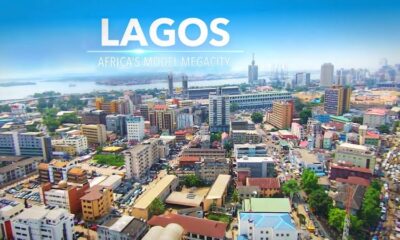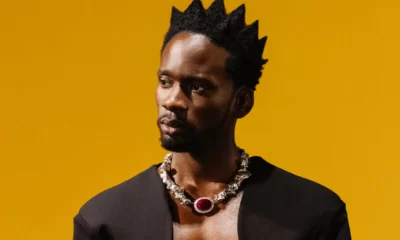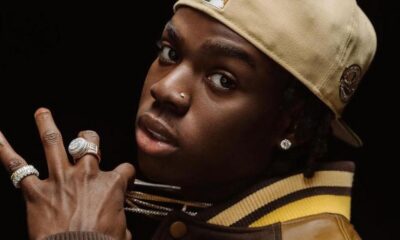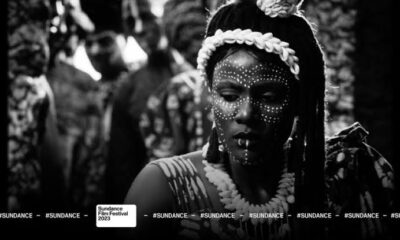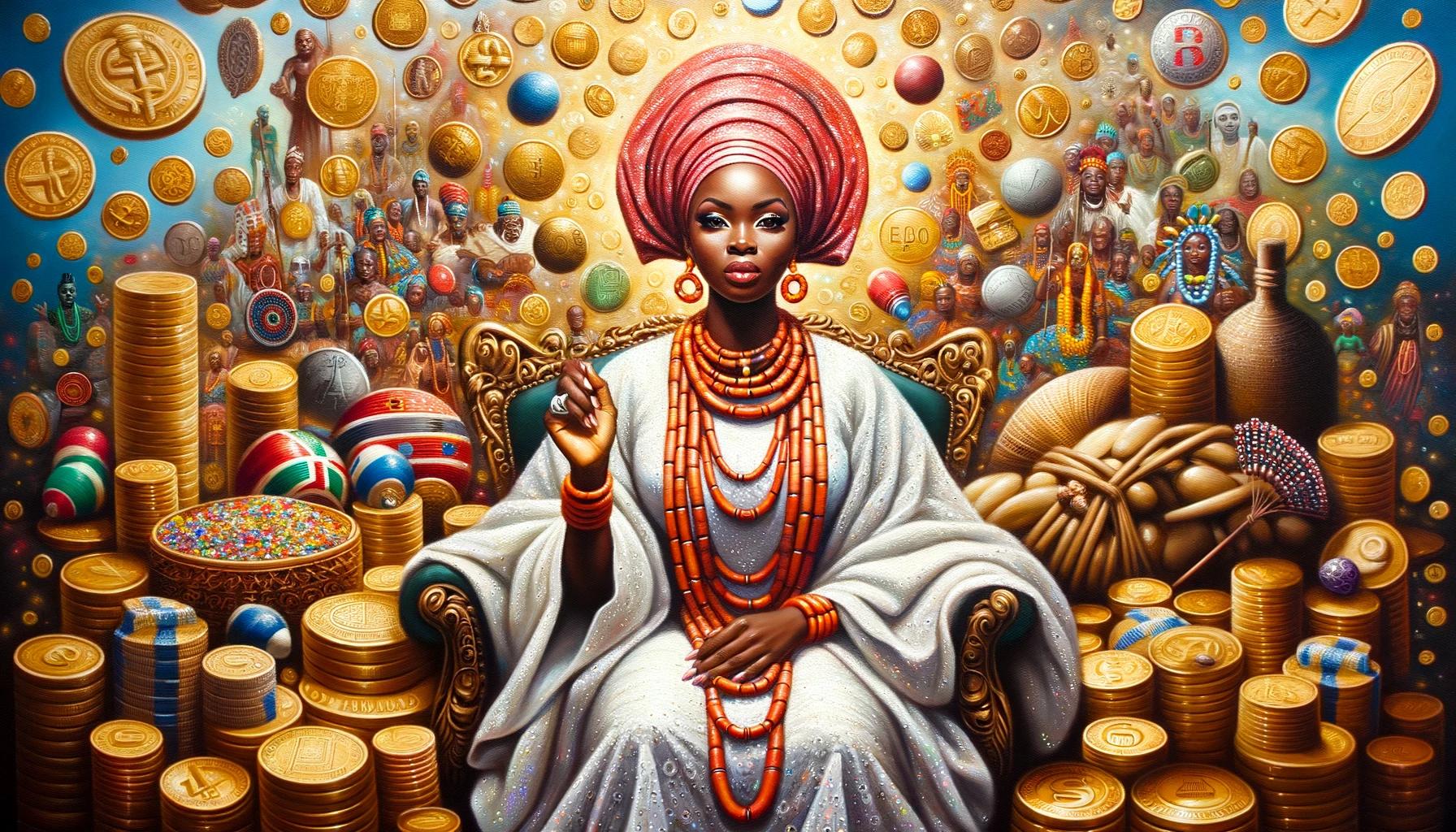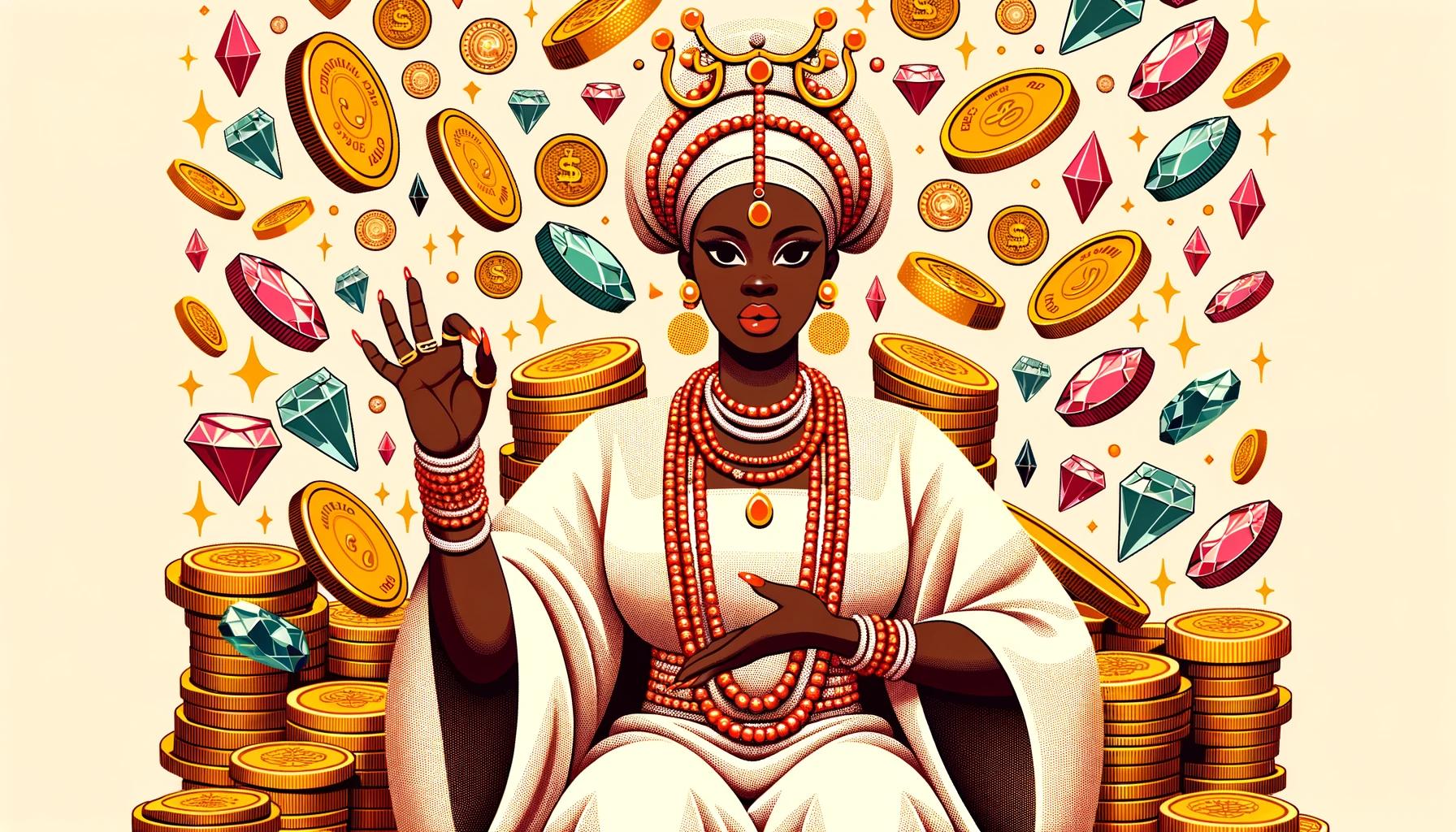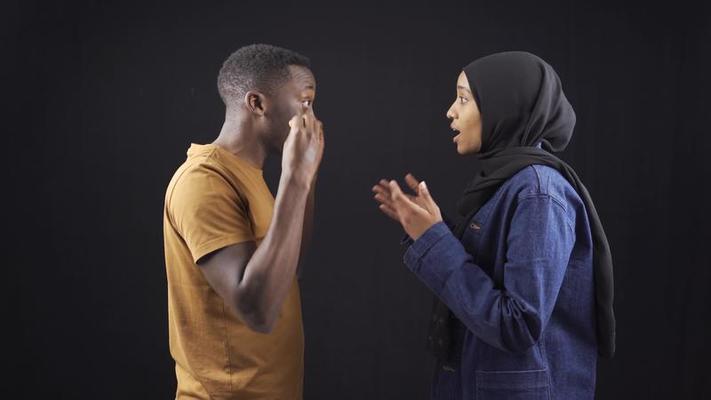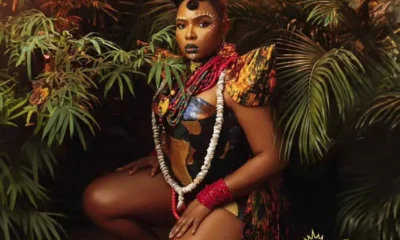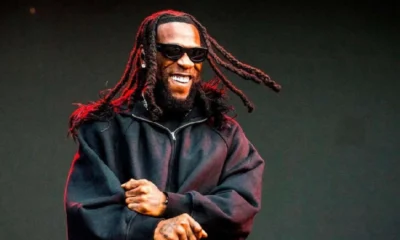The eighth edition of ART X Lagos, a well-known international art fair in West Africa, which kicked off on November 2 and ended on November 5, 2023. The event this year had a captivating multidisciplinary programme called “The Dialogue”.
The fair’s concept hoped to motivate viewers to have deep discussions, exchange ideas, and be inspired by one another’s artistic creations. This is especially important in light of the issues Nigeria faces, both domestically and internationally, in terms of politics and the economy.
“The Dialogue” investigated how storytelling can inspire people to consider the world and their role in it, as well as help them see themselves in a fresh light. There were ten carefully chosen gallery exhibitors during the fair who were making unique contributions to the visual arts scene across Africa and the Diaspora. This special experience fostered deep connections among gallerists, artists, collectors, and fairgoers, allowing gallerists and artists to play essential roles in shaping narratives.
Curated by Missla Libsekal, “Writing With…” is one of the special exhibitions at ART X Lagos. It showcases the work of Bruce Onobrakpeya, a sculptor and printmaker who was a pioneer of modern art in Nigeria. “Graphic Stories” another exhibition, provided a retrospective of images used in Nigerian mass media between the 1940s and the 1980s.
Exhibitions curated by guest curators were also on display. One such installation by the Museum of West African Art, Edo (MOWAA) encouraged audience participation with topics related to the Nigeria Pavilion at the 2024 Venice Biennale. “The Hands That Remain” by Papa Omotayo and Max Kalaiwo and “Passing / Building / Victory” by Dennis Osadebe were the two other exhibitions.
A new programme called ART X Cinema will make its debut in 2023 with a programme of artists’ films and documentaries inspired by African filmmaker Ousmane Sembène. The program will feature works by artists like Binelde Hyrcan, Onyeka Igwe, Ibrahim Mahama, Betelhem Makonnen, Zen Marie, Fatimah Tuggar, and more.
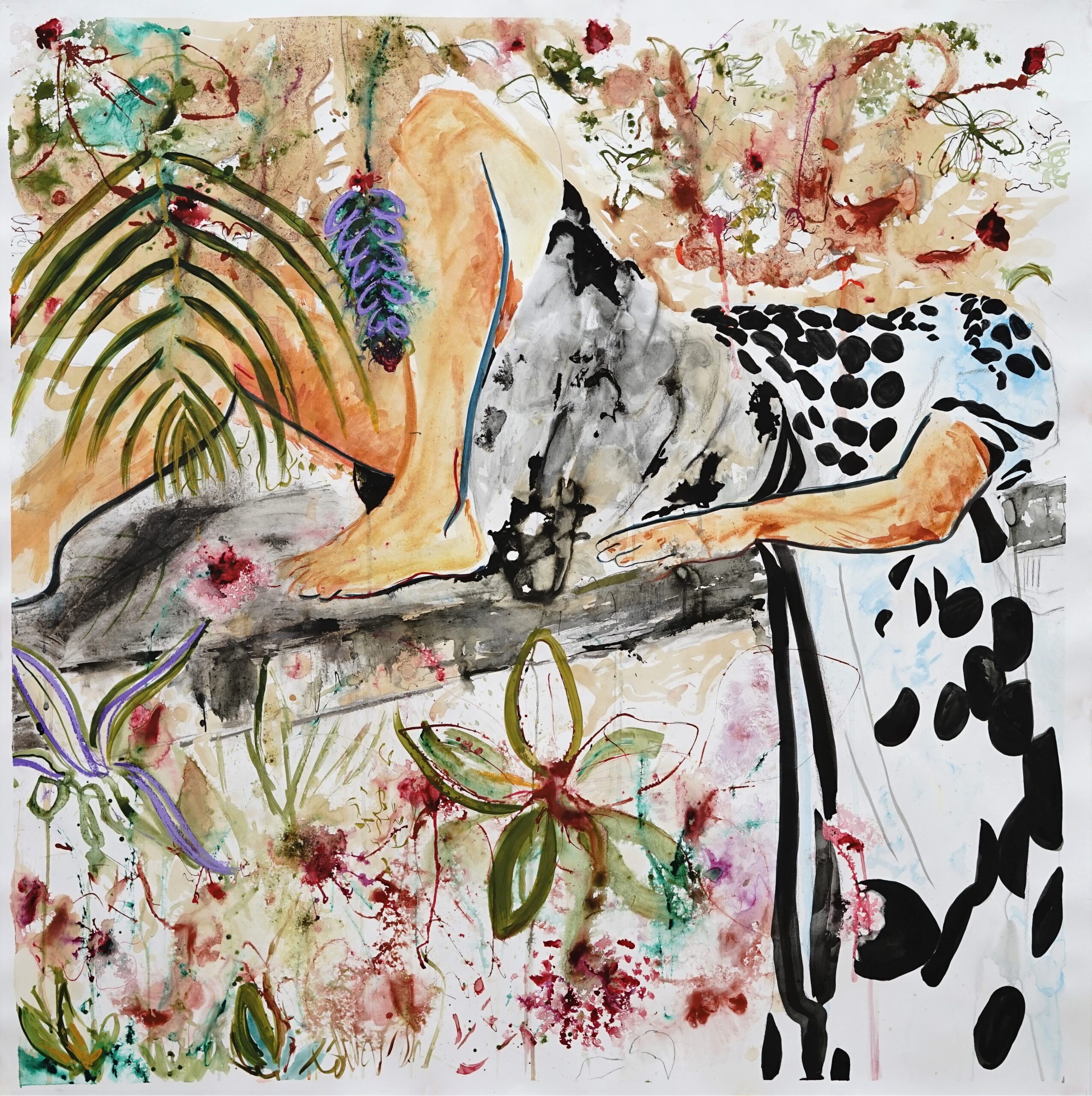
Ibrahim Mahama, the artist and creator of The Savannah Centre for Contemporary Art in Tamale, Ghana, and Bruce Onobrakpeya were among the speakers scheduled for the exciting new conversation series, ART X Talks. They discussed the concepts and morality that guide their work.
Get the latest & greatest updates right away! Join our exclusive WhatsApp Channel & never miss out on exciting news again.
In 2023, ART X Live!—a one-of-a-kind live music and art event—will make a comeback. Musicians Tay Iwar and Azekel will perform in a night of superb musical storytelling that will be organised by Lanre Masha and Ayo Lawson.
The Founder & CEO of ART X Collective, Tokini Peterside-Schwebig, stressed the fair’s significance as a hub for community gatherings during these trying times. She emphasised how artists influence storytelling and dialogue about sociopolitical conditions in the histories of Nigeria, Pan-Africa, and the Diaspora.
The fair’s 2023 iteration was also a feature development stage designed to promote interaction, stimulate learning, and honour African artistic expression. These platforms include the Development Forum, Art Across Borders, and The Access ART X Prize, which offers opportunities and support to up-and-coming curators and artists.
The Federal Palace, Victoria Island, Lagos, was the venue for ART X Lagos 2023. It spanned from November 2–5, with a VIP Preview on November 3 and open days on November 4 and 5. On Artsy, virtual viewers can interact with the fair as well.
Check out more on arts here.

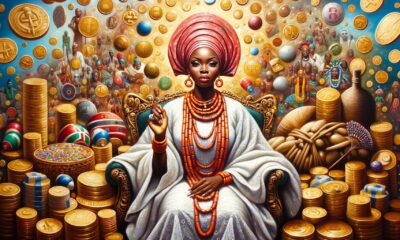
 ARTS & CULTURE6 days ago
ARTS & CULTURE6 days ago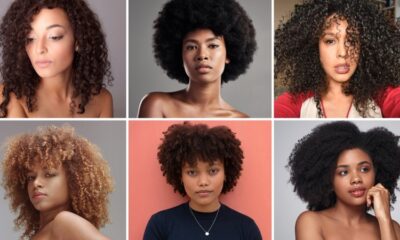
 BEAUTY5 days ago
BEAUTY5 days ago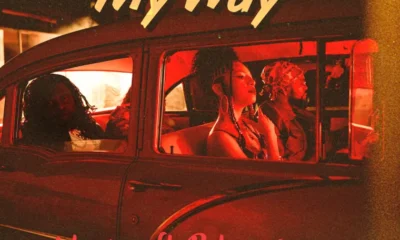
 FAB FRESH4 days ago
FAB FRESH4 days ago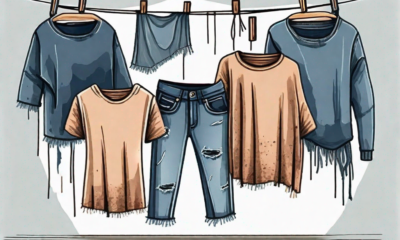
 FASHION7 days ago
FASHION7 days ago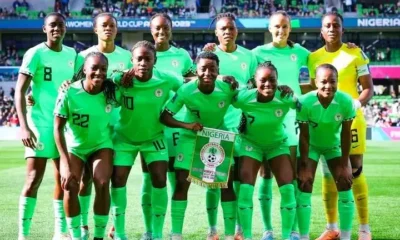
 SPORTS3 days ago
SPORTS3 days ago
 FASHION6 days ago
FASHION6 days ago
 HEALTHY LIVING5 days ago
HEALTHY LIVING5 days ago
 OPINION6 days ago
OPINION6 days ago




